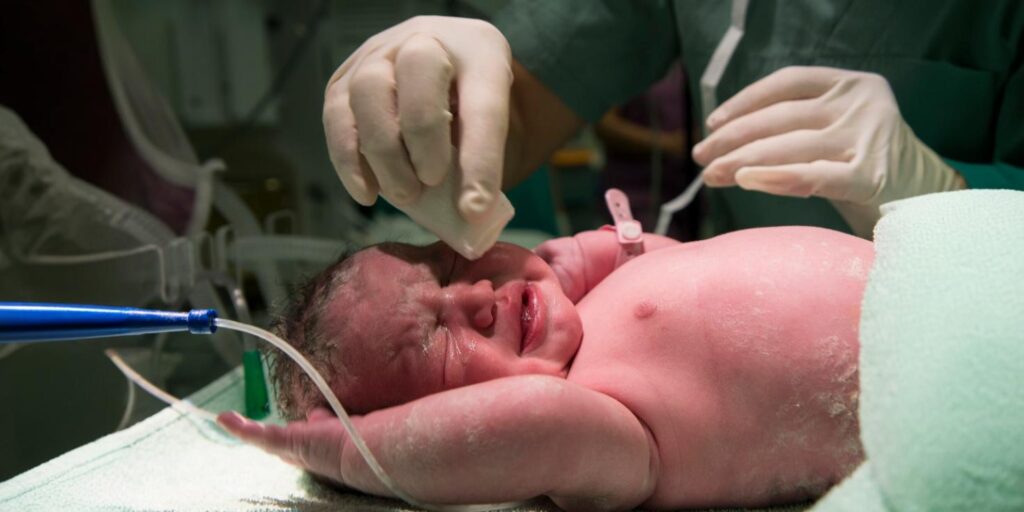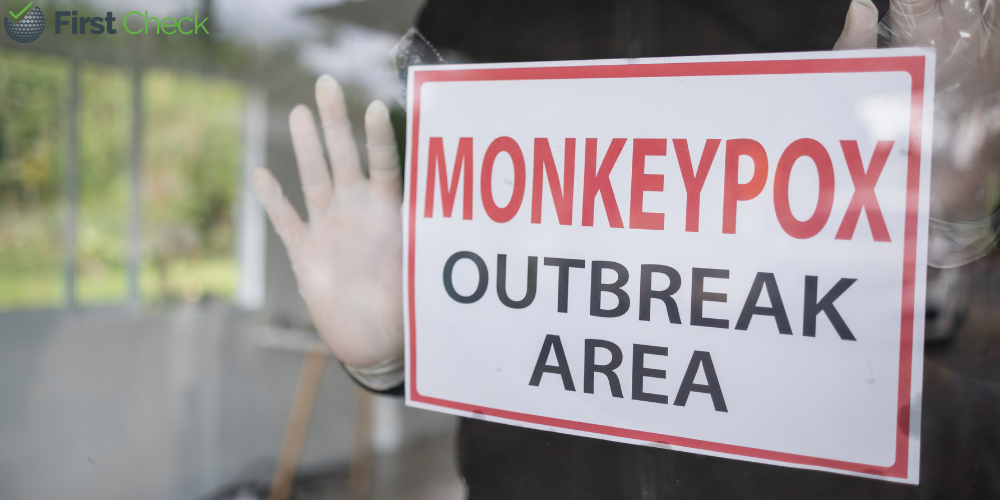Latest
India ‘Cancer capital of the world’: Report
Author
Author
- admin / 12 months

- 0
- 4 min read

Apollo Hospitals’ Health of Nation report shows a concerning surge in non-communicable diseases, which are now manifesting at increasingly younger ages across the country.
Apollo Hospitals, the largest private hospital network in India, recently released the latest edition of its flagship annual report, Health of Nation, which shows a concerning surge in non-communicable diseases (NCDs). The report predicts a mounting healthcare burden attributed to conditions like cancer, pre-diabetes, pre-hypertension, and mental health disorders, which are now manifesting at increasingly younger ages.
The report says that there is a sharp rise in the number of cancer cases in India and the average age of incidence is now significantly younger. “Particularly alarming is the escalating incidence of cancer in India compared to global rates, making India the cancer capital of the world,” the report reads. The most common cancers in order of occurrence in India are breast, cervix and ovary in women and lung, mouth and prostate in men.
According to the Apollo Hospitals report, the average age of diagnosis of breast cancer in India is 52, while it is 63 in the US and Europe. For lung cancer, the average age of diagnosis in India is 59 years, whereas it averages to nearly 70 years in the west. “At Apollo Hospitals, 30 per cent of colon cancer patients are aged less than 50 years,” the report says.
Despite these trends, cancer screening rates in India remain very low. “Breast cancer screening in India is 1.9 per cent against 82 per cent in the US, 70 per cent in the UK and 23 per cent in China. Cervical cancer screening in India is 0.9 per cent, against 73 per cent in the US, 70 per cent in the UK and 43 per cent in China,” as per the report.
Dr Preetha Reddy, Vice Chairperson, Apollo Hospitals Group, said, “Our findings demonstrate a significant need for immediate interventions to fight, prevent and reverse the growing epidemic of cancer, diabetes, hypertension and obesity, among others.”
Dr Madhu Sasidhar, President and CEO, Apollo Hospitals Group, said, “As we navigate the complex challenges of the 21st century, let us recognise that health remains our most valuable asset and a healthy population serves as the bedrock of a prosperous and resilient society.”
Key findings from Health of Nation 2024 report
- Prevalence of obesity is rapidly growing, and it is emerging as the most common risk factor for all chronic NCDs. Three in four people undergoing health checks at Apollo Hospitals were either obese or overweight. Obesity incidence has increased from 9 per cent in 2016 to 20 per cent in 2023.
- 90 per cent of women and 80 per cent of men had a higher waist to hip ratio than recommended, including nearly 50 per cent of people with normal BMI. All obese people (BMI >25) had a higher visceral fat level than recommended. Even among those with normal BMI (<25), nearly half (46 per cent) of them had higher visceral fat levels than recommended.
- Hypertension incidence increased from 9 per cent in 2016 to 13 per cent in 2023. Two of three Indians are also moving toward high pressure, with 66 per cent in pre-hypertensive stage.
- One in 10 people have uncontrolled diabetes today and one in three are prediabetic. Traditionally, those over 45 years of age are considered to be at risk for pre-diabetes. However, data reveals that one in five persons below the age of 45 had pre-diabetes.
- 80 per cent of young adults (18-30 years) and seniors (>65 years) reported significant stress levels. Stress increased the risk of hypertension by 1.5X. It also increased the risk of diabetes by 2X in women and 3X in men.
- Among 5,000 persons who were screened for parameters on sleep, 25 per cent were at a high risk for obstructive sleep apnea. Men were at double the risk as compared to women.
- Among 5,000 people who were screened for depression, 10 per cent had depression. The percentage of depression was highest amongst those in the age category of 18-25 years, wherein one in five had depression.
Read more : Fact-check: Fasting cannot cure cancer









